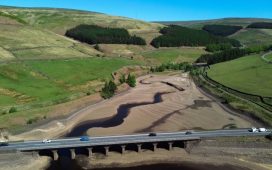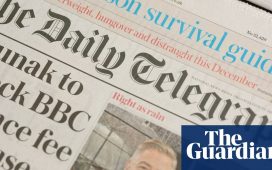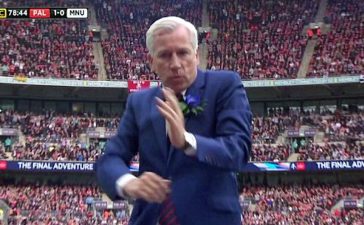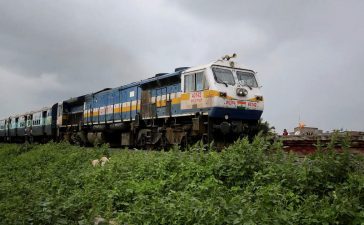Unlock the Editor’s Digest for free
Roula Khalaf, Editor of the FT, selects her favourite stories in this weekly newsletter.
Britain is “a better place to live” now than when the Conservatives came to power in 2010, Rishi Sunak has insisted at the start of the final campaign weekend before the UK general election on Thursday.
The UK prime minister conceded that voters had faced a “difficult” recent period on account of the Covid pandemic and Ukraine war, which had pushed up energy bills, but he added: “We are now on the right track.”
With just four days to go until voters head to the ballots, the Conservatives trail Labour by a colossal 20 points in opinion polls and are forecast to suffer a crushing defeat on July 4.
Large-scale polls — known as multilevel regression and post-stratification polls — predict the Tories are likely to return fewer than half the 365 MPs the party won in 2019, with some analyses indicating the party could clinch as few as 53 seats.
Labour, by contrast, is forecast to be on track for a historic victory and a majority far outstripping that of former Labour prime minister Tony Blair in 1997.
In an interview on the BBC’s Sunday with Laura Kuenssberg show, Sunak defended his party’s record in government over the past 14 years. “It is a better place to live than it was in 2010,” he said of the UK.
When it was put to him that several metrics showed that Britons had become poorer and sicker, and that public services had deteriorated, since 2010, he said: “I just don’t accept that.”
He cited educational achievements, including that primary school children in England were now the “best readers in the western world” and that “nine out of 10 schools are good or outstanding”, adding this was a “huge improvement” on the Tories’ inheritance from Labour.
He argued that his party was promising tax cuts to people at every stage of their lives, which offered financial security, while claiming Labour would raise taxes.
Sunak said he believed he would win the election, despite his party’s position in opinion polls. Asked if he would still be prime minister on Friday, he said: “Yes. I’m fighting very hard and I think people are waking up to the real danger of what a Labour government means.”
In an article for the Observer, Sir Keir Starmer announced that Labour would “relight the fire” of optimism and hope in the UK. The opposition leader said that if voters elected him as prime minister, he would launch a “new national mission to create wealth in every community”.
He added that he would repair public services “with an immediate cash injection, alongside urgent reforms”.
Starmer wrote: “It is hard to argue that this hope burns brightly in Britain at the moment. But be in no doubt — a vote for Labour this week, is a vote to relight the fire.”
On the BBC, Pat McFadden, Labour’s national campaign co-ordinator, came under pressure over his party’s failure to give a timeline for its commitment to raise defence spending to 2.5 per cent of GDP.
While Sunak has vowed to increase defence expenditure to 2.5 per cent by 2030, Starmer has failed to give a target date. “A date without a proper plan to pay for it is . . . not a meaningful commitment,” McFadden said.
Oliver Dowden, deputy prime minister, earlier on Sunday warned of a threat to the UK election from hostile actors such as Russia seeking to interfere with the democratic process.
His intervention came after he told The Sunday Times he was “gravely” concerned by a report from the Australian Broadcasting Corporation, which claimed to have identified a suspected operation channelling support to Nigel Farage’s Reform UK party, after monitoring five co-ordinated Facebook pages.
Dowden told Sky News’s Sunday Morning With Trevor Phillips programme that it appeared to be “a classic example from the Russian playbook”.
He said the suspected operation uncovered by ABC was “relatively typical, low-level stuff” and highlighted that the UK had “stood up the election cell in the Cabinet Office” to investigate alleged interference.
Farage dismissed claims that bots generated by foreign state actors could interfere with the UK election, telling Sky News: “Don’t talk cobblers.”
It came as a Reform UK candidate defected to the Tories, warning of “a significant moral issue” in some quarters of the party following “reports of widespread racism and sexism” in its ranks.
Liam Booth-Isherwood hit out at a “failure of leadership” in Reform over such conduct and threw his support behind Conservative candidate Maggie Throup, who is defending a 10,606 vote majority in the Derbyshire seat of Erewash.
On Sunday Farage insisted that “the bad apples are gone” from Reform after withdrawing support for three candidates engulfed in a row over alleged racist and sexist comments.









